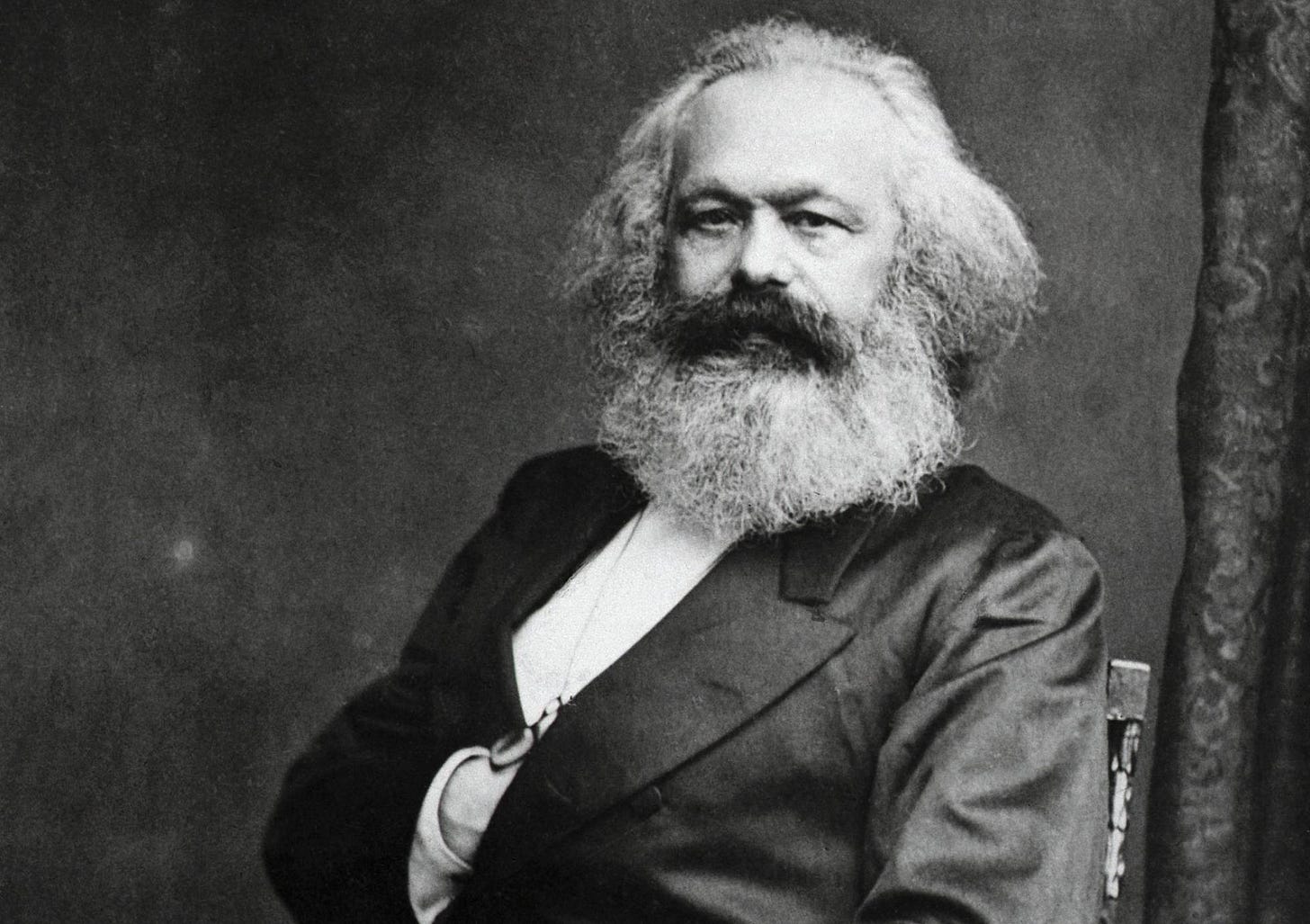Profit, Power & Prices: Marx's Inflation Warning Today
Beyond Supply Chains and Interest Rates
Are you feeling the pinch? The rising cost of living is hitting everyone, and while supply chain disruptions and interest rate hikes are often blamed, is there a deeper explanation for why your money buys less? This exploration delves into the surprisingly relevant economic theories of Karl Marx to understand today's inflation. It's time to move beyond the simplistic narratives and consider a more nuanced view.
Marx and the Modern Inflationary Landscape
Forget the Cold War caricatures; Marx was a brilliant analyst of capitalism. His work provides a powerful framework for understanding inflation. He focused on how value is created, how profit is extracted, and the inherent contradictions within the capitalist system. This understanding is crucial for seeing how modern inflationary pressures operate.
Surplus Value and the Pressure on Prices
At the heart of Marx's analysis lies the concept of surplus value. In essence, workers create more value than they receive in wages. This surplus is then appropriated by the capitalist class as profit. Marx argued that this process, while driving capitalist accumulation, could also create inherent instability. The pursuit of profit, he argued, could lead to a falling rate of profit, which businesses might attempt to counteract by raising prices, thus contributing to inflation.
The Falling Rate of Profit and Its Implications
The falling rate of profit, another key concept, describes the tendency for the rate of profit to decline over time as competition intensifies and the organic composition of capital (the ratio of capital invested in machinery and raw materials to labor) increases. This can put pressure on businesses to find ways to maintain or increase profits, potentially leading to price hikes.
Fictitious Capital and the Modern Financialized Economy
Marx's insights on "fictitious capital" also resonate strongly today. He warned about the dangers of financial speculation and the creation of wealth disconnected from the real economy. He criticized the creation of assets, such as derivatives, which are disconnected from real production and thus might inflate the value of assets. This perspective is especially relevant to today’s economy.
You can learn more about these concepts and their modern relevance by watching this video:
Inflation as Class Conflict: Beyond Monetary Policy
Viewing inflation through a Marxist lens reveals it not just as a technical issue of monetary policy but as a site of class conflict. Workers struggle to maintain their living standards in the face of rising prices, while corporations attempt to protect their profit margins. This perspective highlights the power dynamics at play and the potential for social and economic unrest.
Implications for Inequality, Worker Power, and Structural Solutions
This analysis has profound implications. It underscores the role of inequality in exacerbating inflationary pressures and the importance of worker power in shaping economic outcomes. Understanding these dynamics can motivate a deeper examination of potential structural solutions.
Conclusion: Understanding the System
Marx's analysis offers a powerful tool for understanding the economic pressures impacting your life. By connecting 150-year-old economic philosophy to today's challenges, we gain a deeper understanding of the systems that shape our world. As Marx himself might have said:
The philosophers have only interpreted the world in various ways; the point is to change it.
What are your thoughts on Marx's relevance to inflation? Does this perspective change how you see the economy? Share your insights in the comments below!



